The dazzling spectacle of Brazil’s Carnival, long celebrated as the world’s greatest party, has been tarnished by revelations of systemic corruption in the distribution of premium viewing tickets. What was meant to be a celebration of cultural heritage has instead exposed a shadowy network of favoritism, bribery, and backdoor deals that privileged the wealthy and connected while shutting out ordinary citizens.
For decades, the coveted camarote (VIP box) tickets granting access to prime parade viewing areas along Rio de Janeiro’s Sambadrome and Salvador’s circuitos have been treated as informal currency among Brazil’s elite. Recent investigations by journalists and public prosecutors, however, have peeled back the sequined curtain to reveal an astonishing pattern of abuse. These exclusive passes—some selling for over $5,000 on the black market—were routinely funneled to politicians’ mistresses, corporate executives seeking regulatory favors, and even judges presiding over corruption cases.
The Scale of the Scandal
At the heart of the controversy lies the opaque allocation system controlled by samba schools, tourism operators, and municipal governments. Officially, 30% of premium tickets are reserved for sponsors, 25% for samba school members, and 45% for public sale. In practice, investigators found less than 15% ever reached legitimate public channels. One Rio tourism agency was caught diverting 1,200 VIP passes meant for international visitors to a shell company linked to a state legislator.
Perhaps most brazen was the case of a mid-level culture ministry official who approved $800,000 in Carnival subsidies to a particular samba school. In return, he received not cash—which might have left a paper trail—but 140 premium tickets annually. These were then bartered for everything from home renovations to his daughter’s private school tuition. “It became a shadow economy,” noted prosecutor Ana Lúcia Ferreira, “where government contracts were exchanged for parade tickets as casually as others might trade baseball cards.”
The Human Cost
While the wealthy partied in air-conditioned boxes stocked with premium liquor, ordinary Brazilians faced increasingly limited access. Teacher Mariana Costa, 42, described queuing for 18 hours in 2023 only to be told general admission tickets had sold out in minutes. “Later I saw online ads selling those same tickets at ten times face value,” she recalled bitterly. Analysis shows the average markup on resold VIP tickets has surged 217% since 2018, pricing out all but the affluent.
The scandal has also damaged Carnival’s artistic community. Veteran costume designer Jorge dos Santos revealed how samba schools diverted funds from materials and wages to secure premium tickets for potential sponsors. “We’d work with cheaper feathers while our leaders handed out $3,000 tickets like candy,” he said. Several top-tier schools now face financial crises after years of such mismanagement.
Systemic Failures
Attempts to regulate the market have repeatedly failed. A 2019 law requiring biometric identification for premium ticket purchases was quietly gutted by amendments exempting corporate purchases. Meanwhile, tourism officials admit they’ve turned a blind eye to abuses, fearing scrutiny might deter high-spending foreign visitors. “The carnival economy brings $1.5 billion annually to Rio alone,” conceded one official speaking anonymously. “No one wanted to disrupt that.”
Digital solutions have fared no better. When Salvador implemented an online lottery for premium tickets in 2022, 78% of winners shared surnames with government employees—a statistical impossibility suggesting widespread fraud. The system was abandoned after one season.
A Culture of Complicity
What makes the scandal particularly intractable is how deeply the ticket trade has become enmeshed in Brazil’s social fabric. For many elites, securing camarote access signals status as much as wealth. “It’s not about seeing the parade,” explained sociologist Carlos Almeida. “It’s about being seen in the right box by the right people.” This cultural dynamic has allowed the practice to flourish despite periodic outcries.
Even religious leaders have been implicated. Investigators traced 60 VIP tickets from a Rio samba school to a megachurch whose pastor had lobbied against gambling regulations. The tickets reportedly rewarded congregants who made large donations.
Glimmers of Reform
Some positive developments have emerged. Rio’s new mayor has pledged to audit all municipal ticket allocations, while major samba schools like Mangueira now livestream their ticket distributions. Perhaps most significantly, federal prosecutors have begun treating ticket fraud as organized crime rather than administrative misconduct—allowing for tougher penalties.
Yet with the 2025 Carnival preparations already underway, many Brazilians remain skeptical. As street vendor Luiz Gonzaga put it while gazing at the glittering camarotes: “The rich will always find a way to rise above the crowd.” For a festival born from egalitarian street celebrations, that may be the most painful revelation of all.
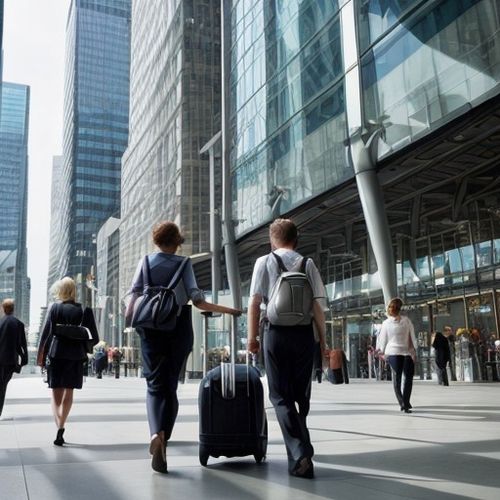
By Jessica Lee/Apr 7, 2025
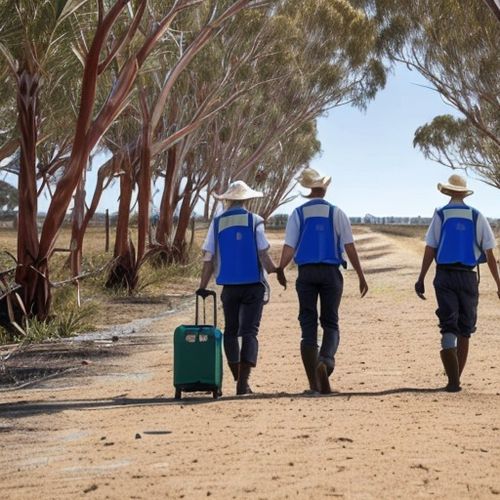
By Emily Johnson/Apr 7, 2025

By Jessica Lee/Apr 7, 2025
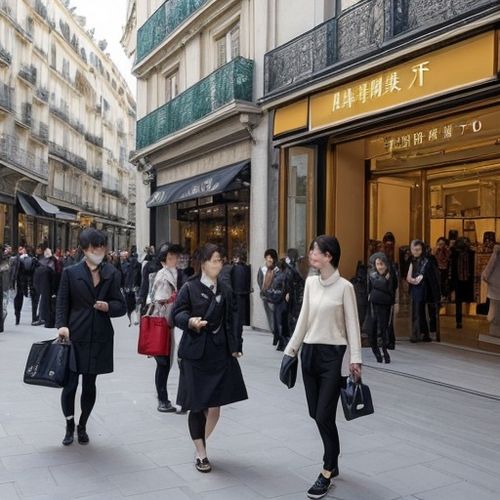
By Joshua Howard/Apr 7, 2025

By Amanda Phillips/Apr 7, 2025

By Sophia Lewis/Apr 7, 2025
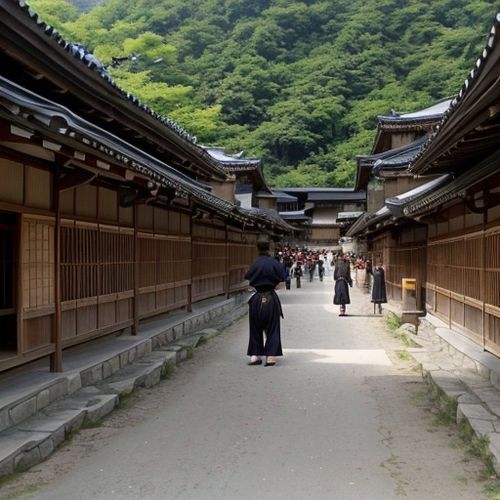
By Samuel Cooper/Apr 7, 2025
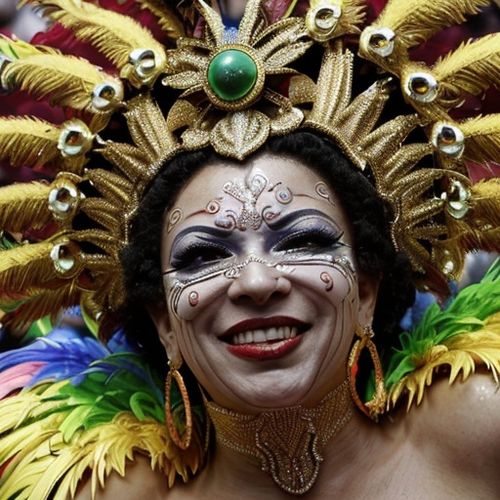
By Michael Brown/Apr 7, 2025

By Elizabeth Taylor/Apr 7, 2025

By Sarah Davis/Apr 7, 2025

By Daniel Scott/Apr 7, 2025

By Grace Cox/Apr 7, 2025

By Grace Cox/Apr 7, 2025

By Ryan Martin/Apr 7, 2025

By Christopher Harris/Apr 7, 2025

By Lily Simpson/Apr 7, 2025

By Elizabeth Taylor/Apr 7, 2025
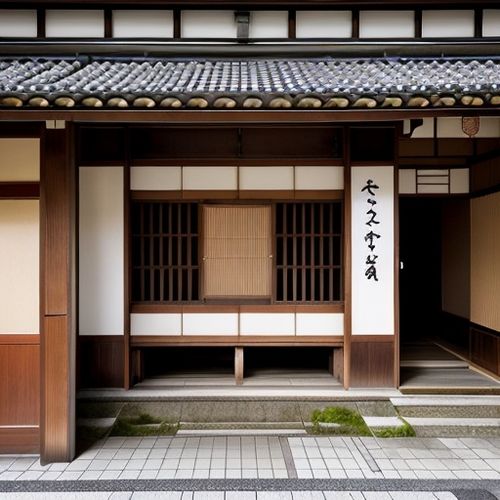
By Christopher Harris/Apr 7, 2025

By Noah Bell/Apr 7, 2025

By Thomas Roberts/Apr 7, 2025